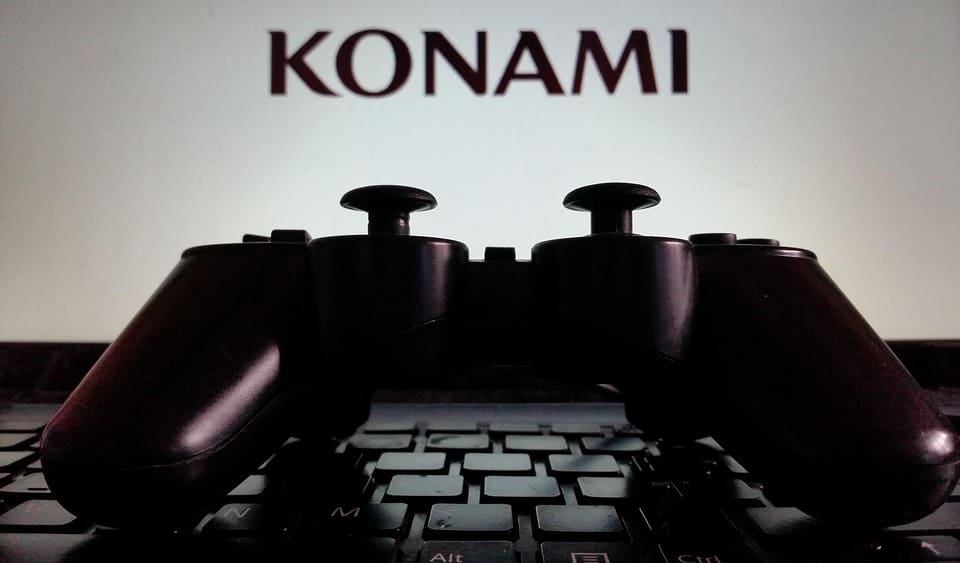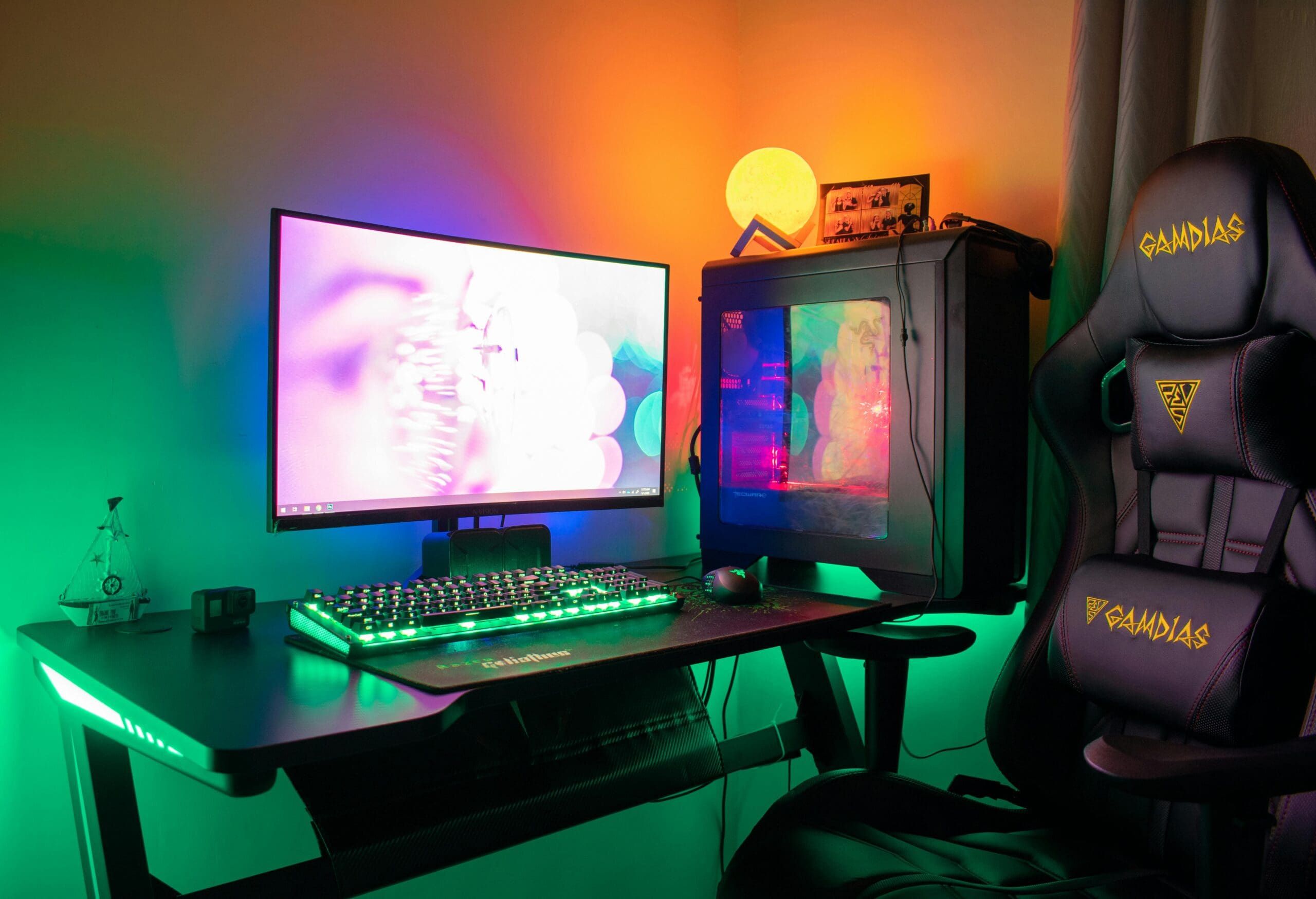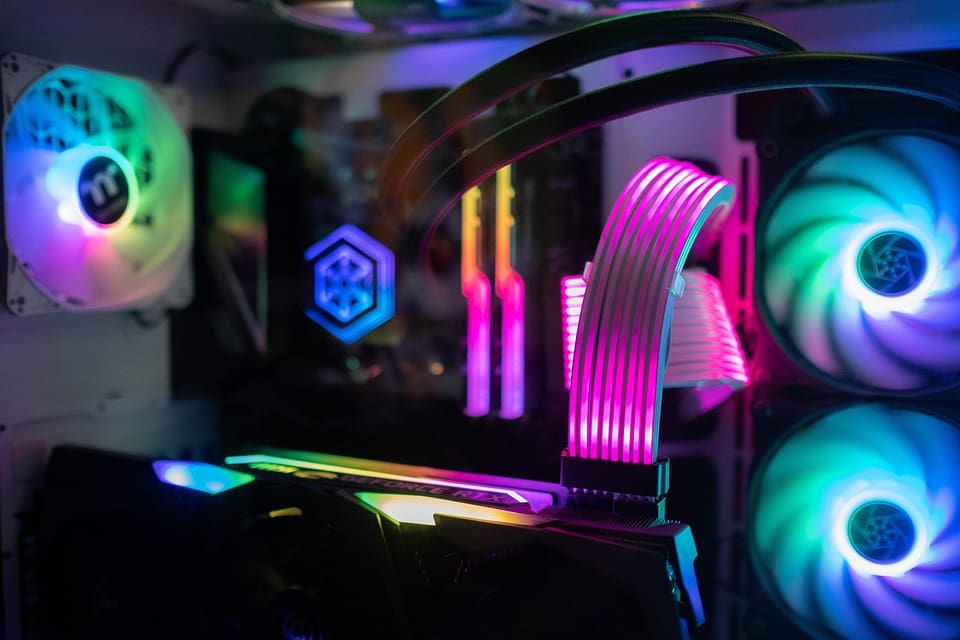Introduction
Gaming PCs require proper setup, optimization, and maintenance to perform at their best. In this guide, we’ll cover essential tips and tricks to help users maximize their gaming experience.
Why This Topic Matters
Understanding Unlocking Your Computer’s Full Potential: A Beginner’s Guide to Overclocking is crucial for PC gamers and builders. Poor setup or lack of knowledge can lead to performance issues, overheating, or hardware failures. Here’s why this topic is important:
- Performance Impact: How this affects FPS, load times, and system efficiency.
- Common Issues: What most gamers struggle with when dealing with this component or setup.
- Long-Term Benefits: How optimizing or maintaining this aspect improves PC longevity.
Step-by-Step Guide / Essential Tips
1. First Key Tip: Understanding Overclocking
Overclocking is the process of increasing a component’s clock rate to run it at a higher speed than it was designed for. This can lead to improved performance, but it also comes with risks such as overheating and instability. Before overclocking your PC, it’s essential to understand the basics and potential consequences.
2. Second Key Tip: Monitoring Temperatures
When overclocking your computer, it’s crucial to monitor temperatures to prevent overheating. Use software tools like MSI Afterburner or HWMonitor to keep an eye on your CPU and GPU temperatures. Maintaining optimal temperatures will ensure stable performance and prevent hardware damage.
3. Third Key Tip: Incremental Overclocking
Instead of making drastic changes to your system’s settings, it’s recommended to overclock incrementally. Start with small adjustments and test your system’s stability before pushing it further. This gradual approach helps you find the optimal balance between performance and stability.
Common Mistakes to Avoid
- Not following best practices: Many users overlook basic overclocking best practices, such as not monitoring temperatures or pushing their hardware too far. Following proper guidelines is essential to avoid damaging your components.
- Overlooking compatibility: Before overclocking, make sure that your components, such as CPU, GPU, and RAM, are compatible with the overclocking process. Using incompatible hardware can lead to system instability and performance issues.
- Skipping regular maintenance: Overclocking puts additional stress on your hardware, so regular maintenance is crucial. Clean your system regularly, check for dust buildup, and ensure proper airflow to prevent overheating and maintain optimal performance.
Advanced Optimization Tips
For experienced users, here are some additional tweaks that can help enhance Unlocking Your Computer’s Full Potential: A Beginner’s Guide to Overclocking:
- Experiment with voltage settings for finer control over your overclocking process.
- Consider delidding your CPU to improve thermal performance, but proceed with caution as this process can void your warranty.
- Invest in a high-quality cooling solution, such as liquid cooling, to keep your system temperatures low during overclocking.
Final Thoughts
By following these tips, users can improve their PC’s performance, longevity, and gaming experience. Whether they are beginners or experienced gamers, optimizing Unlocking Your Computer’s Full Potential: A Beginner’s Guide to Overclocking ensures smoother gameplay and better system stability.
💬 What has been your biggest challenge with Unlocking Your Computer’s Full Potential: A Beginner’s Guide to Overclocking? Let us know in the comments!


